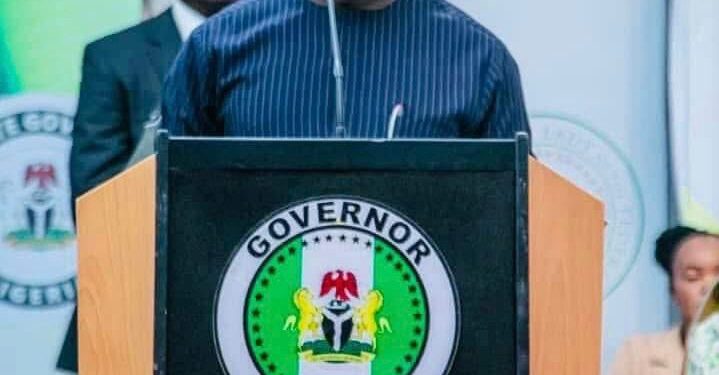Edo State has posted an unprecedented ₦52.6 billion in Internally Generated Revenue (IGR) within the first six months of 2025 marking a 46% increase compared to the ₦36.1 billion recorded during the same period in 2024 under the previous administration of Governor Godwin Obaseki.
The impressive performance was disclosed by the Executive Chairman of the Edo State Internal Revenue Service (EIRS), Otunba Oladele Bankole-Balogun, who described the achievement as a clear testament to Governor Monday Okpebholo’s sweeping fiscal reforms and people-focused governance.
According to Bankole-Balogun, the half-year revenue figure represents an 89.5% performance against year-to-date benchmarks, surpassing all mid-year revenue projections for the state.
“We are not just collecting taxes. We are restructuring the entire tax ecosystem of Edo. Our reforms are deliberate, technology-driven and designed to empower the people,” Bankole-Balogun said.
Since assuming office in November 2024, Governor Okpebholo has prioritized strengthening institutional capacity at the EIRS, improving staff welfare, upgrading infrastructure, and ramping up compliance with tax laws.
This holistic fiscal strategy, rarely seen at the sub-national level, has resulted in the onboarding of 1,900 new taxpayers within the first six months, signaling a move from theoretical tax expansion to operational reality.
Bankole-Balogun noted that while the Okpebholo-led government remains committed to widening the tax net, it is placing emphasis on big-income earners, blocking leakages, and deepening voluntary tax compliance through improved service delivery.
“We are building a civic culture where taxation is no longer seen as a burden but a patriotic contribution. When citizens see their taxes being translated into tangible development, compliance naturally follows,” the EIRS boss added.
Under Okpebholo’s administration, Edo’s IGR surge is already translating into visible projects and improvements in critical sectors such as roads, healthcare, education, rural electrification, and digital infrastructure.
Across the three senatorial districts of Edo State, residents are beginning to acknowledge the fiscal impact of the administration’s reforms, with traders, artisans, and business owners citing improved infrastructure and government responsiveness as evidence of prudent revenue utilization.
Policy analysts say the significant IGR growth is positioning Edo as a fiscal model for other states in Nigeria, particularly in the South-South, with Edo poised to reduce its dependence on federal allocations.
The EIRS chairman also confirmed that the agency will soon commence the implementation of newly approved federal tax reforms signed into law by President Bola Tinubu, aligning Edo’s fiscal policy with national growth targets.
Observers believe that beyond the revenue figures, the real story is that of visionary leadership, robust governance, and a transparent fiscal strategy, which had been lacking in the past.
“What Governor Okpebholo has achieved in just six months is not just a fiscal milestone; it’s proof that a New Edo has not only risen but is already setting benchmarks,” one policy analyst remarked.
Bankole-Balogun assured residents that the state is on track to deliver even higher revenue numbers by year-end, with sustained investment in infrastructure, social welfare, and public sector efficiency.






















